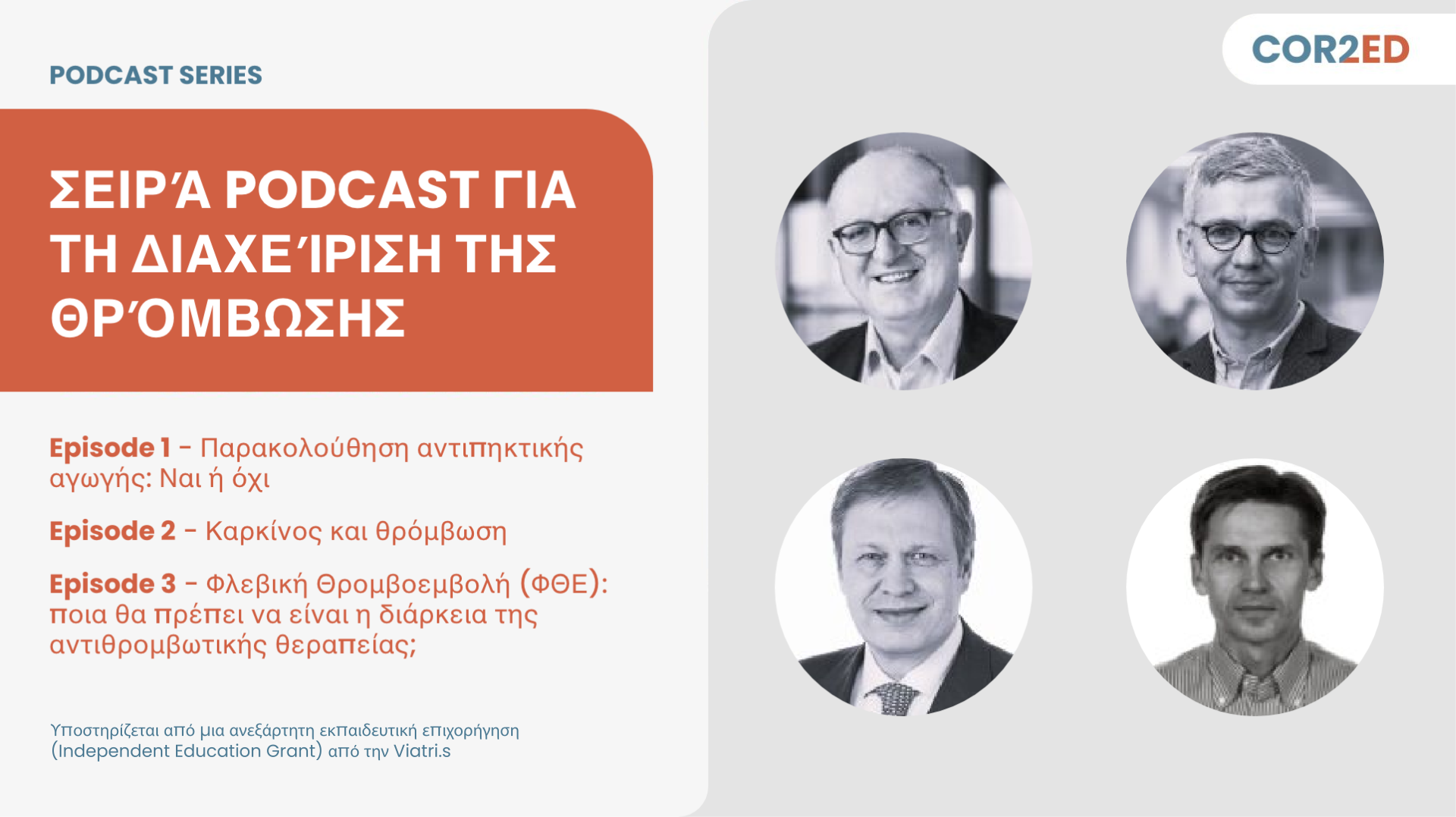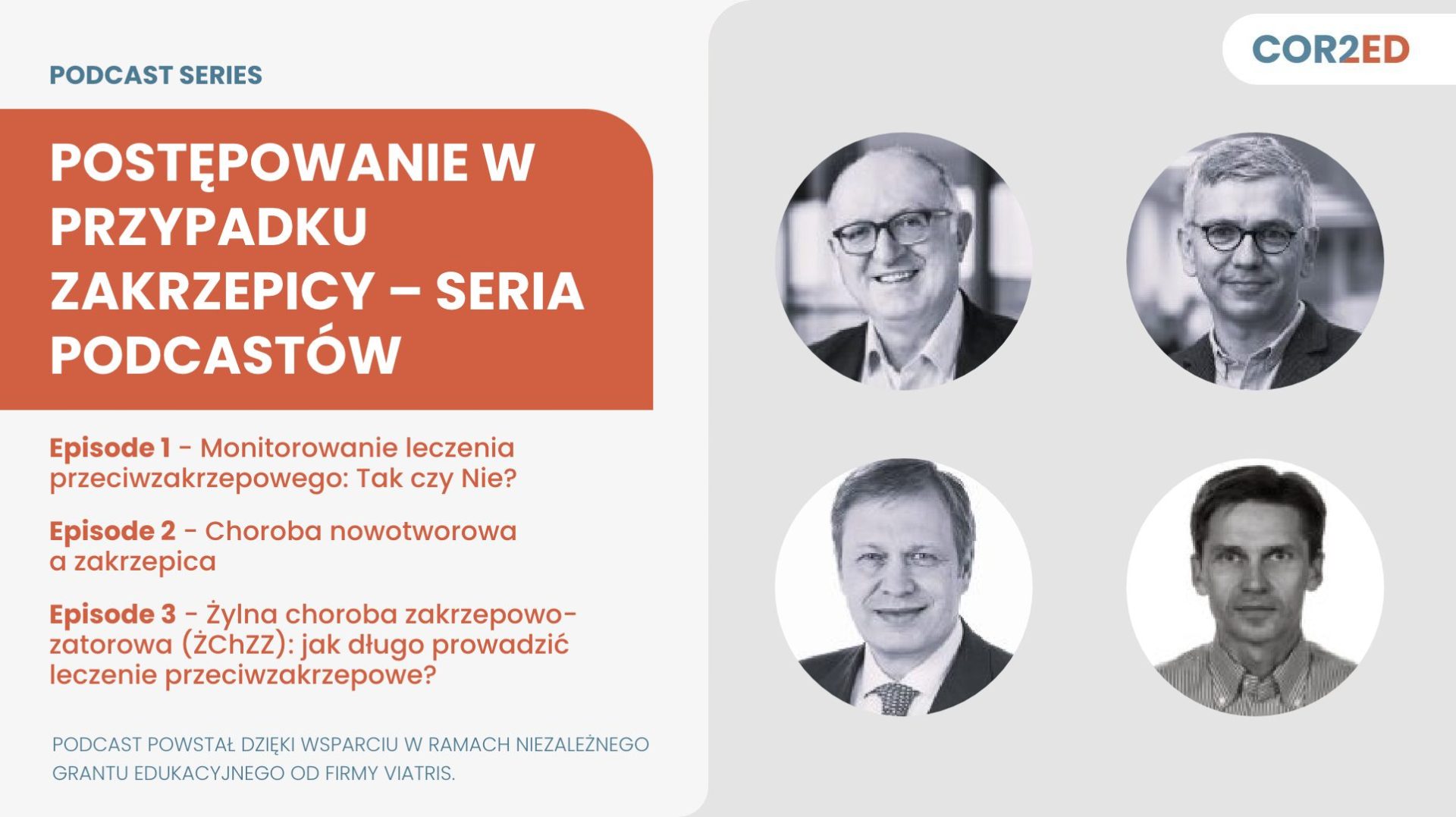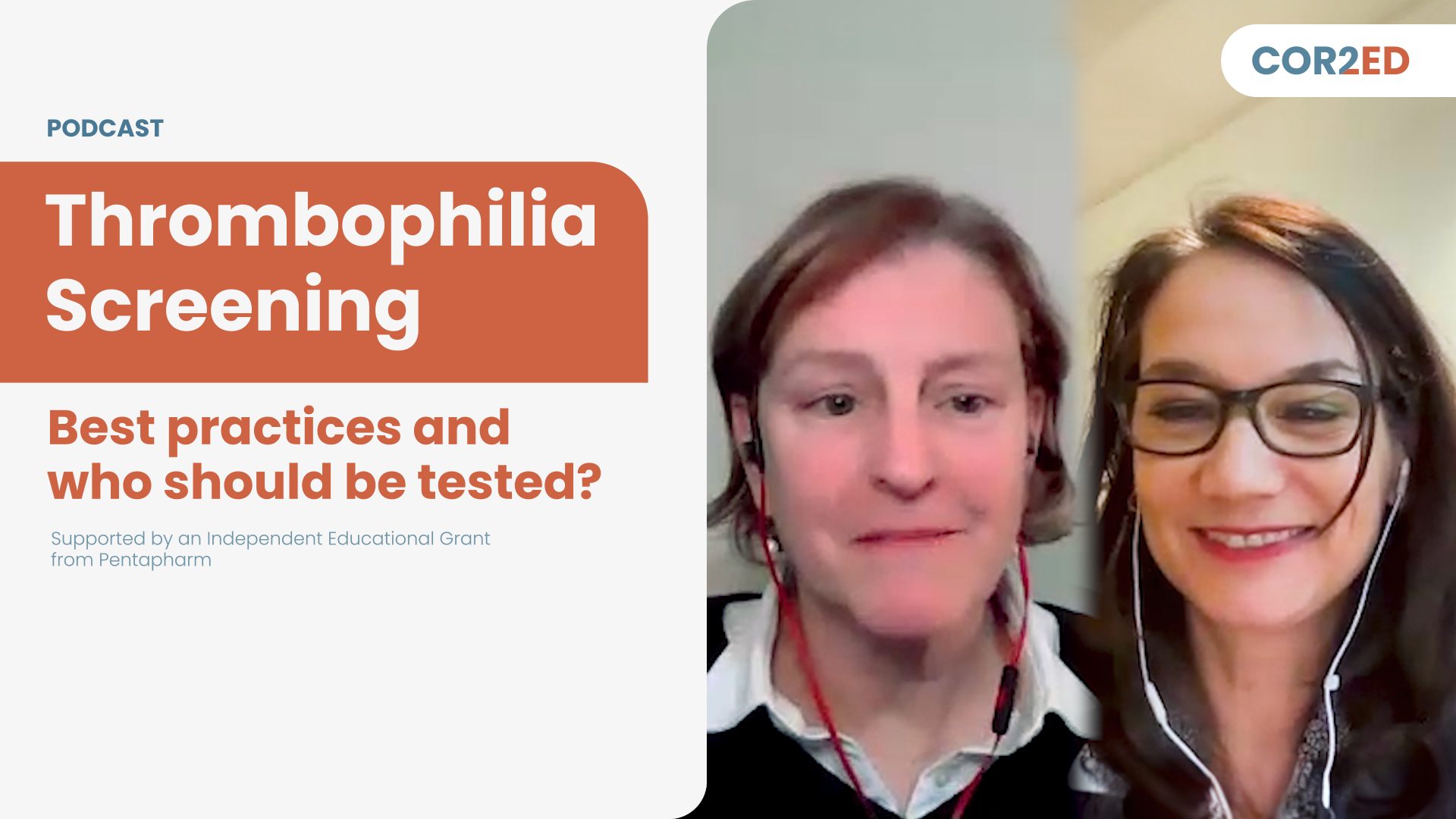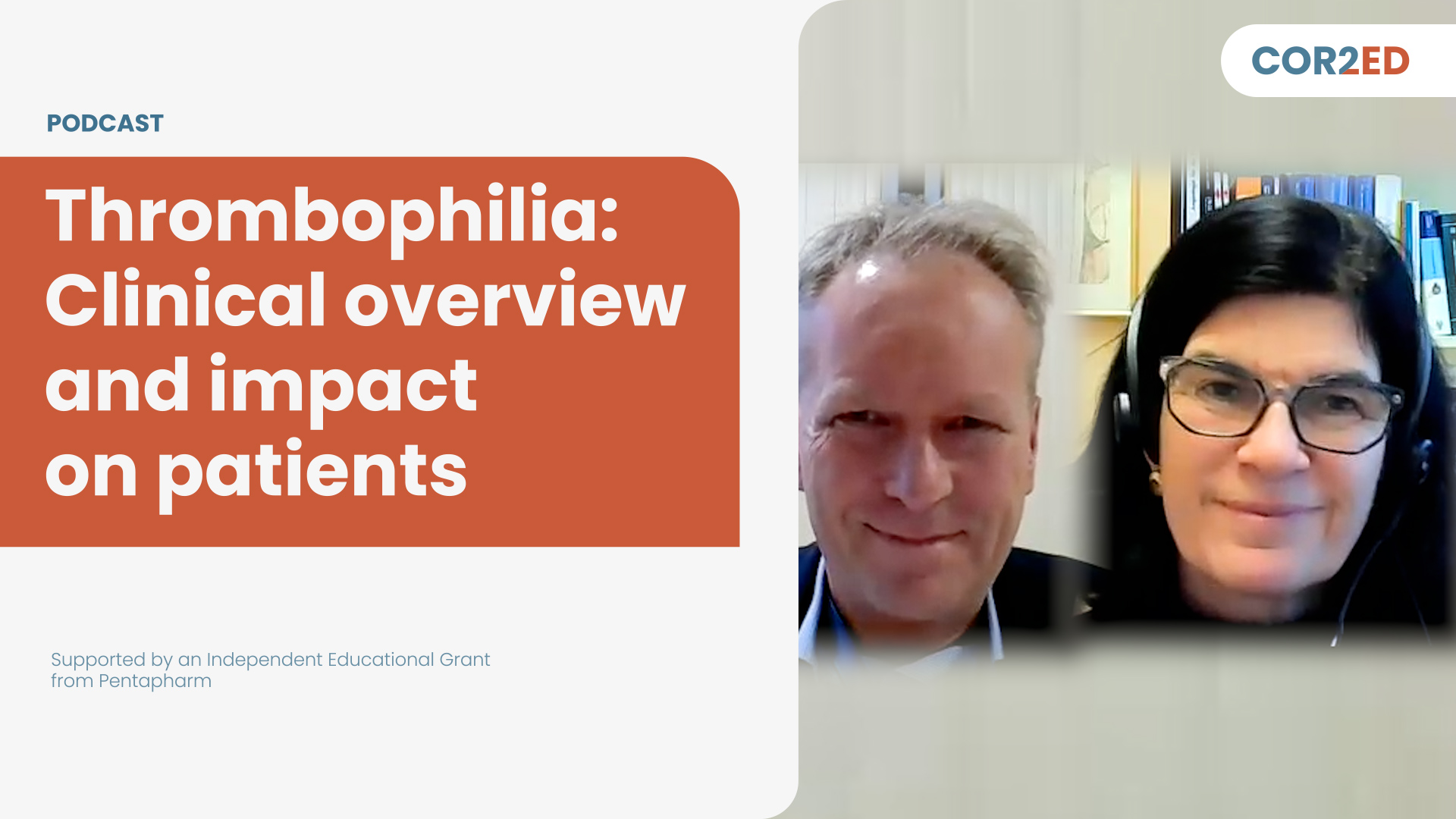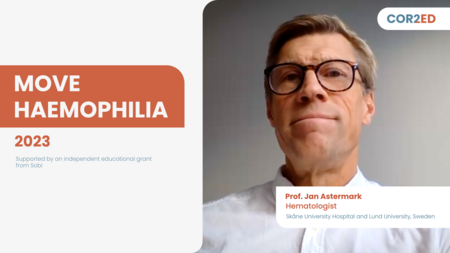Iron deficiency is very common in women and girls with bleeding disorders, but it often goes unnoticed and can significantly impact quality of life and overall health.
This video explains how to recognise and correct iron deficiency in this patient group. You’ll learn about best practices, including identifying when female patients may be at greater risk of iron deficiency, what to consider when assessing blood ferritin levels, determining the cause of the iron deficiency and when to choose oral or IV therapy.
Clinical Takeaways
-
Iron deficiency, with or without anaemia, is very common
-
Routinely check iron status in patients with a bleeding disorder
-
With simple measures to replenish iron stocks, you can make a major change to the life of your patient

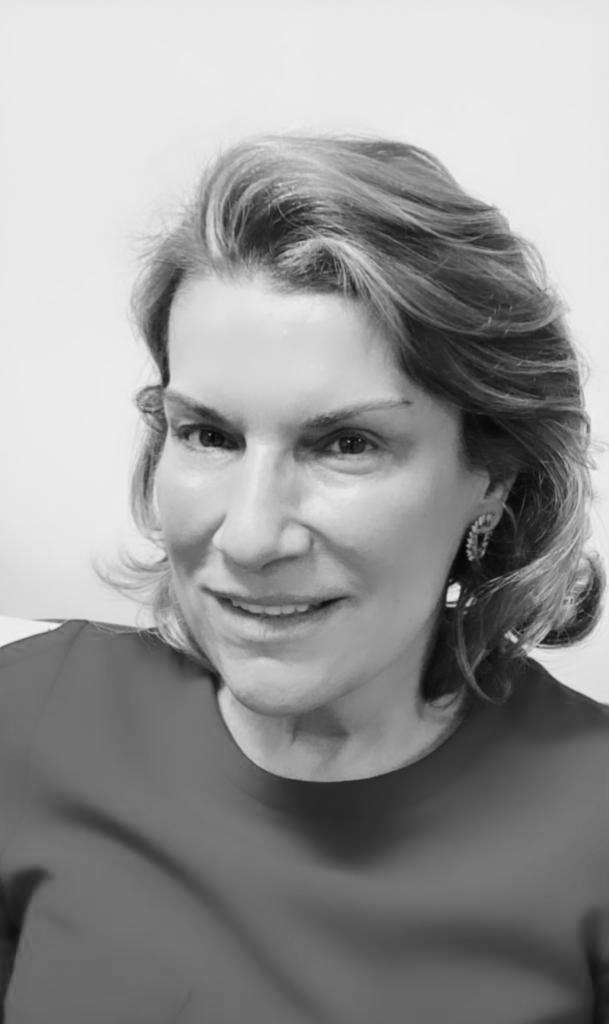
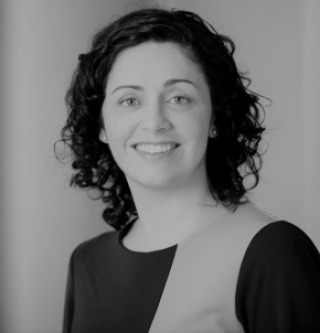
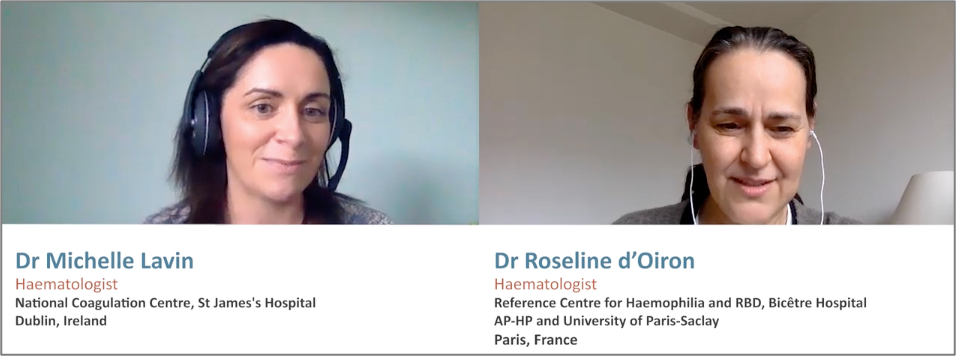
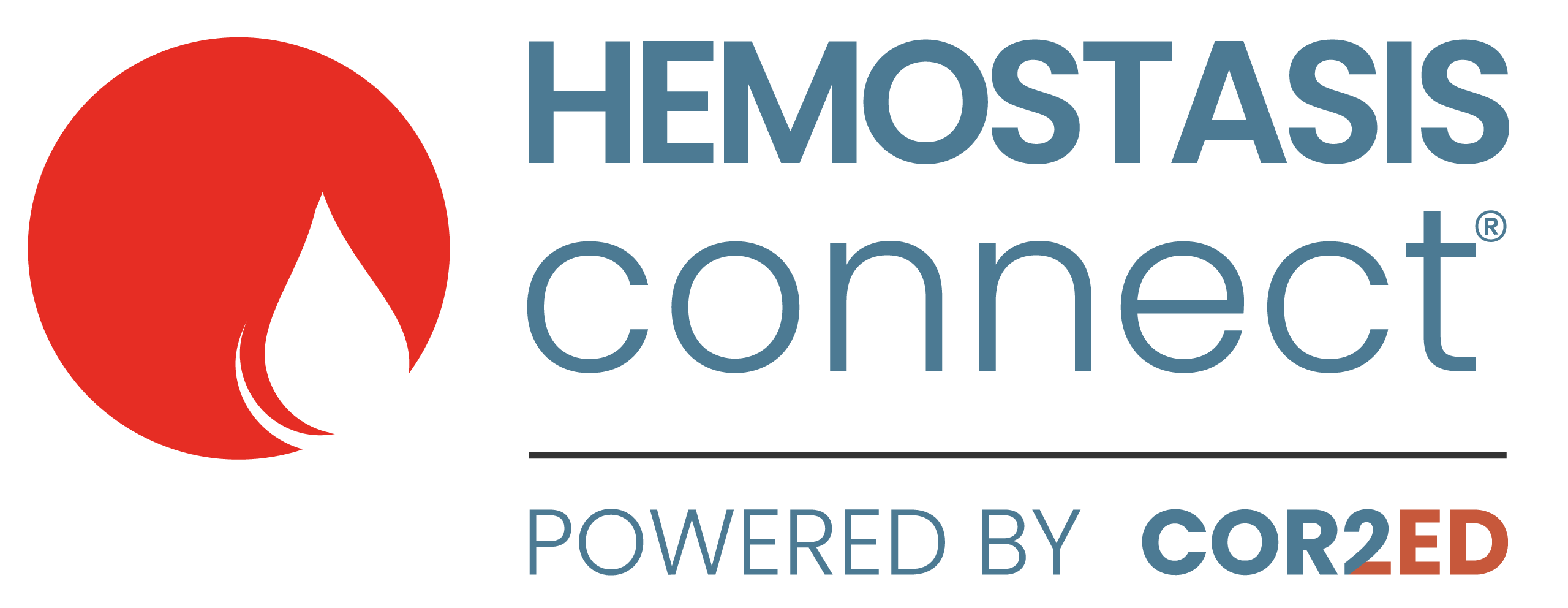
 Downloadable
Downloadable 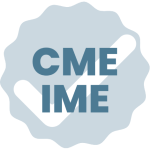

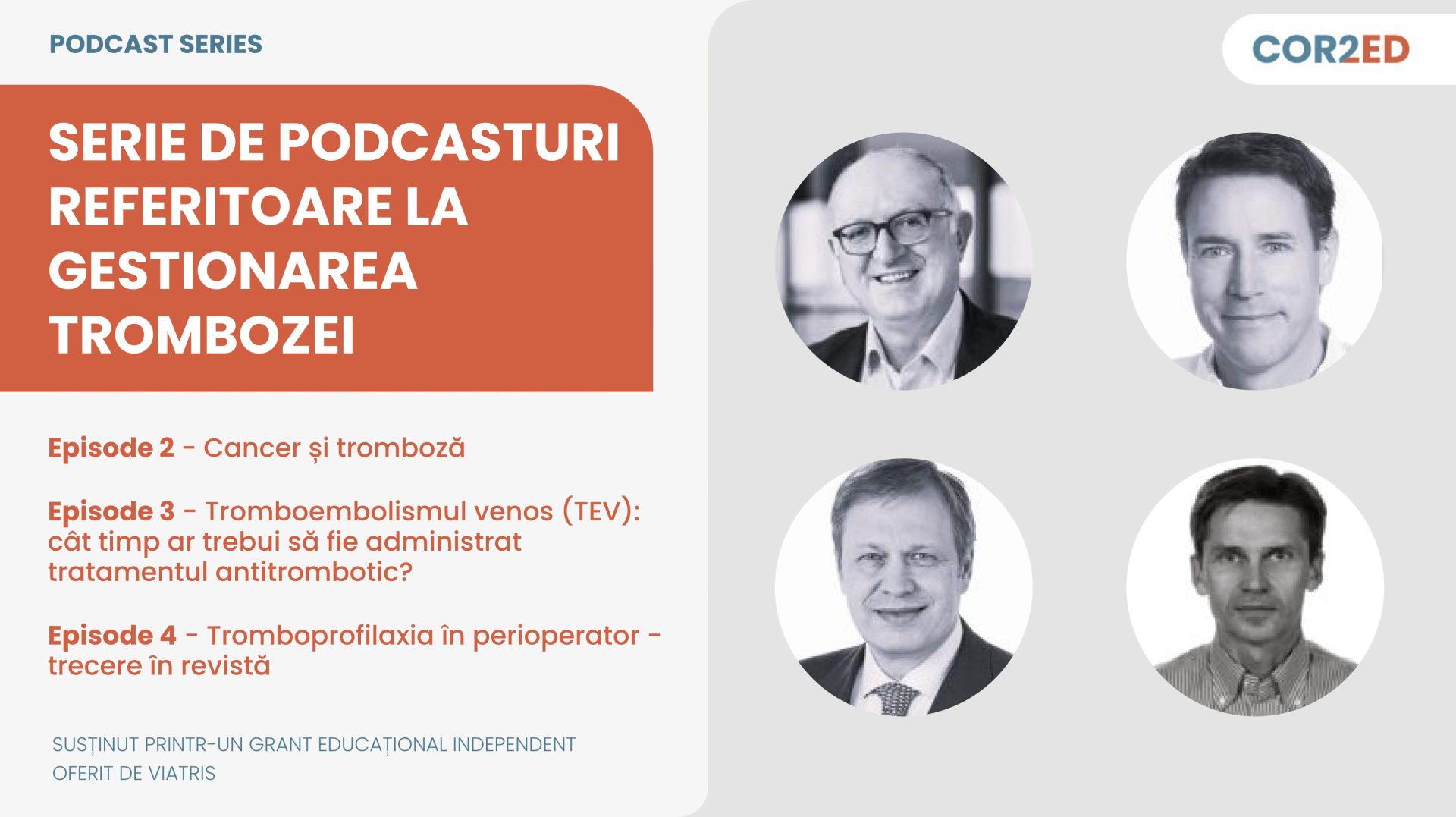
 21 MIN
21 MIN
 May 2025
May 2025 